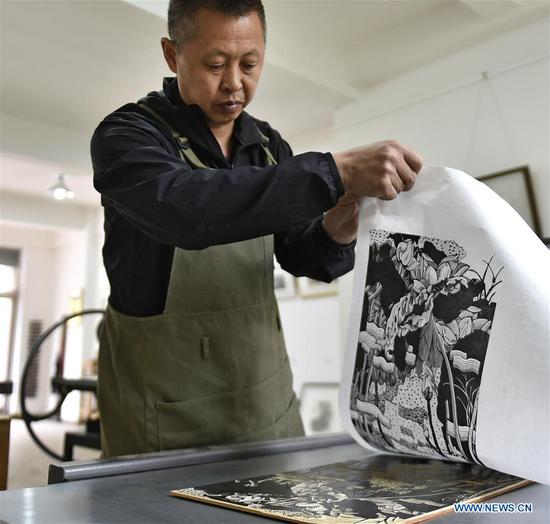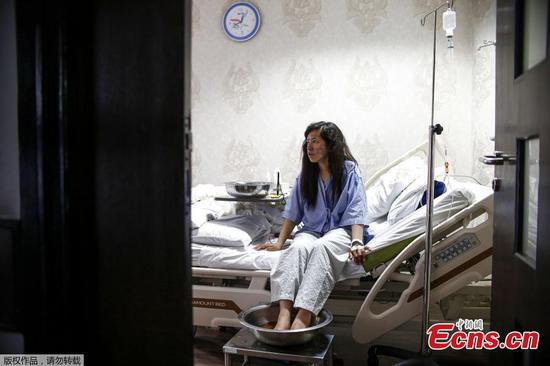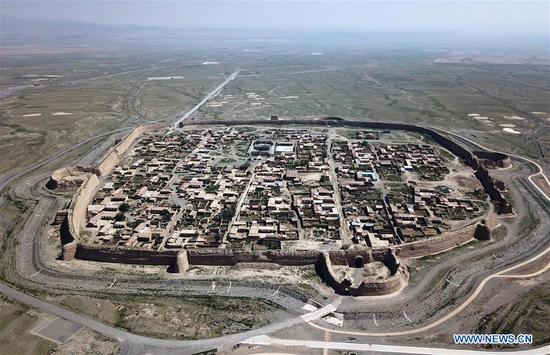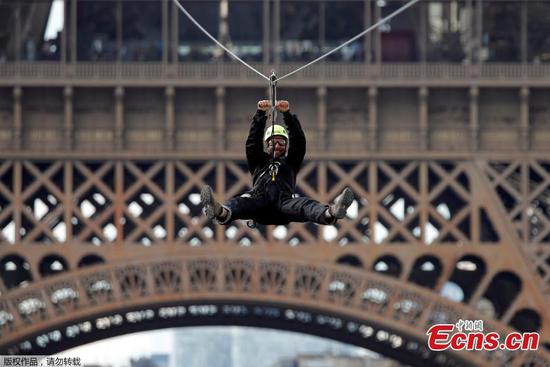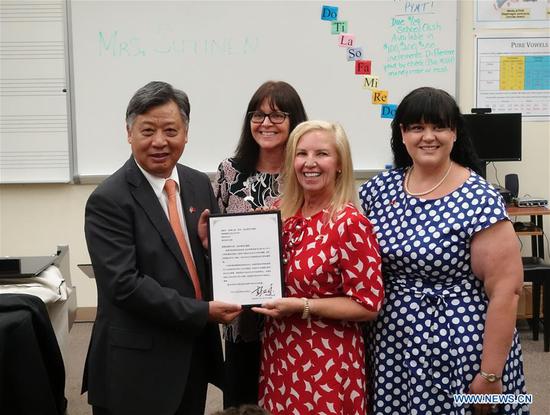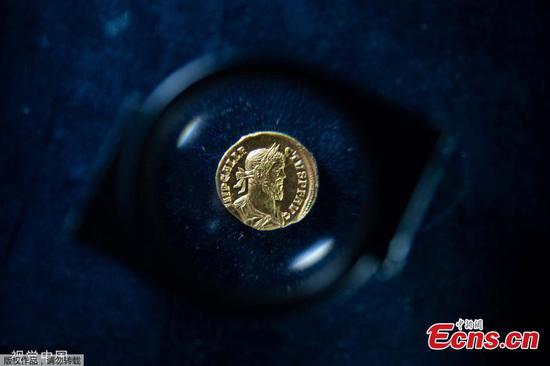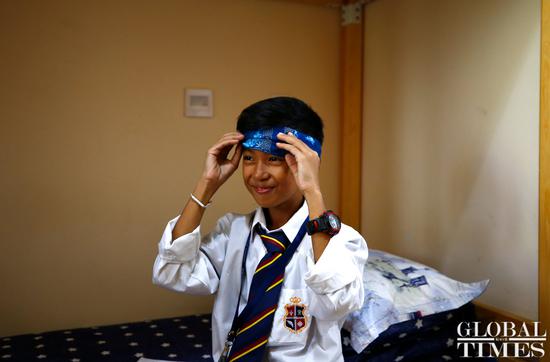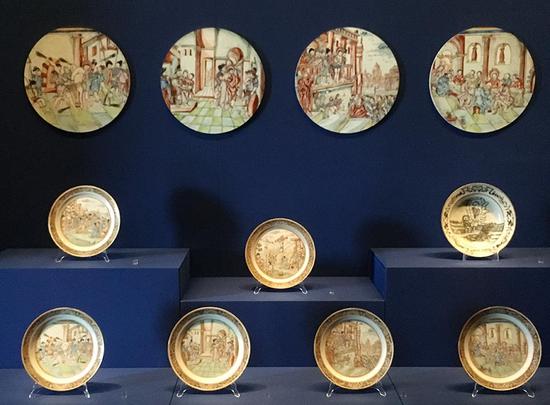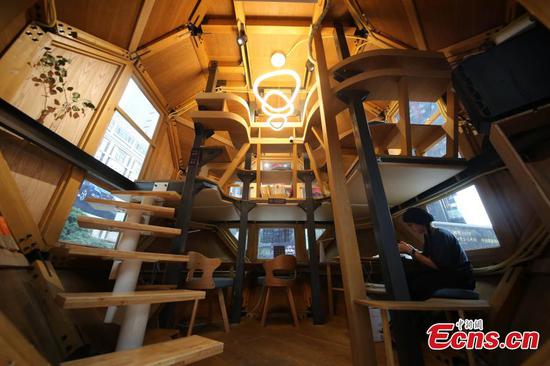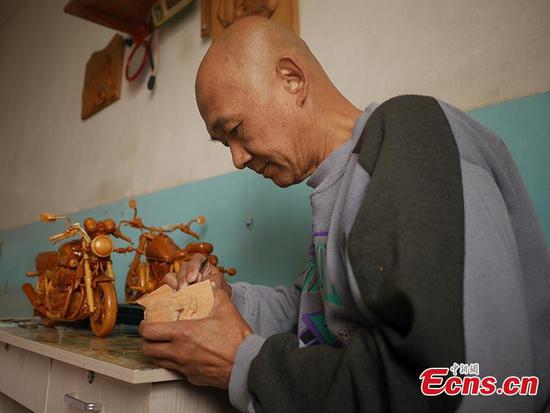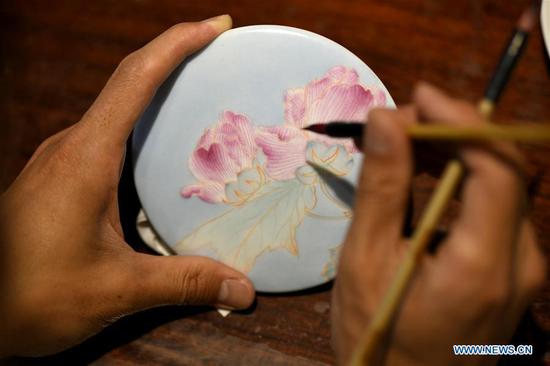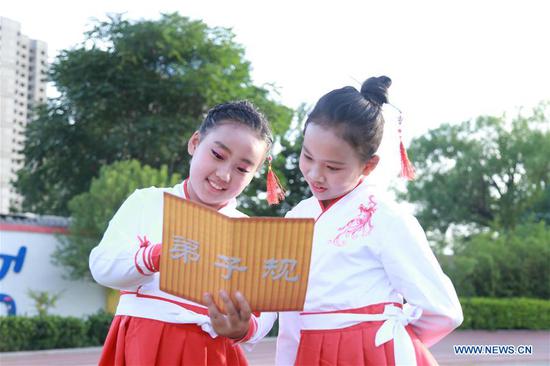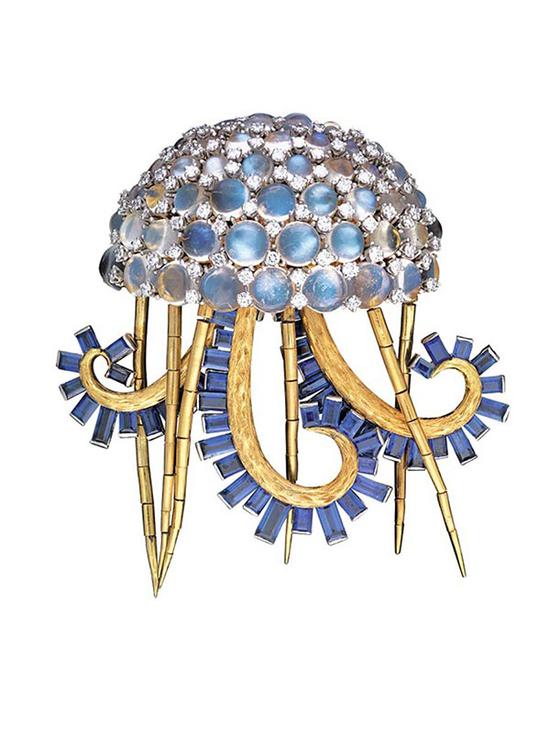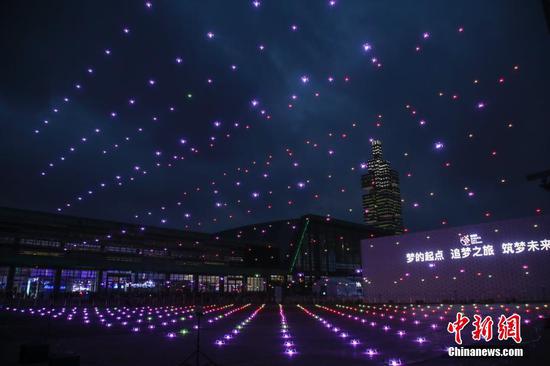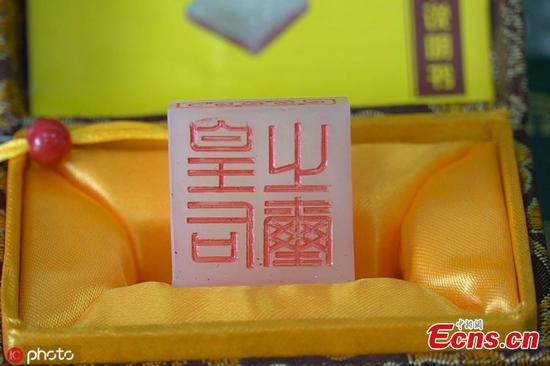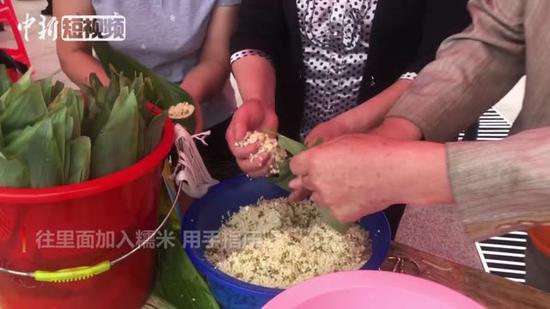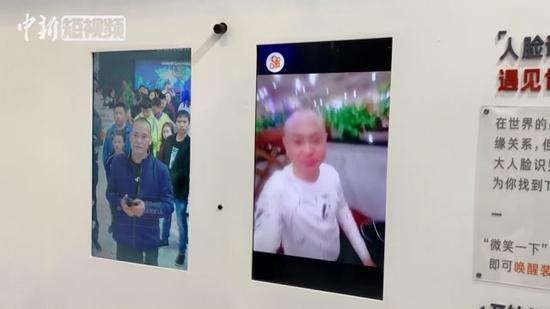Alejandra García, better known by her stage name La Toquilla, captivated Chinese audiences with rhythmic Ecuadorian music and her magnetic, high-pitched voice at Beijing's arts hub 798 Art Zone on Sunday, performing with producer and guitarist Agni Durden and guitarist Mario Gutierrez.
They are national musical stars in Ecuador, this is however their debut in China.
The performance reached its climax when Chinese cellist Zhang Bo took to the stage of the Rose Bud Arts Center, joining them in performing Vasija de Barro(Clay Pot)- a representative song of the Ecuadorian folk rhythm danzante.
It depicts the age-old Ecuadorian ritual of burying ashes of ancestors in clay pots to memorialize the deceased, an essential part of Ecuadorian culture. The lyric reads, "I want to be buried like our ancestors, in the comfortable and dim confines of a clay pot..."
Their bow in Beijing consisted of three shows from May 24 to 26, each 40 minutes long. The set list covered classics like Vasija de Barro, La BocinaandPalomita Errante (Wandering Pigeon), as well as a new romantic song written by Agni Durder, Hermoso Ser(Beautiful One).
Also featured at the three-day Latin American and Caribbean Carnival were artists from more than 10 other Latin American countries. The carnival was part of the 2019 Meet in Beijing Arts Festival.
Speaking about representing her country at the carnival, the Manabi-born singer said she is excited.
"I hope through our performances, more Chinese people could know about traditional Ecuadorian music," she said in an interview with China Daily on Friday. "Traditional Ecuadorian music is very pure and touches the heart, and I want to to promote traditional tunes," she said, as traditional music around the world is gradually losing audiences to pop.
Seven years ago, the trio took the Ecuadorian musical scene by surprise via infusing traditional tunes with electronic music, rock and pop, bringing the country's folk music types such as Pasillo, Yaravi and San Juanito, to greater appreciation among the young generation.
Since their debut in 2012, their music videos have garnered millions of views on YouTube, creating big hits including La BocinaandPalomita Errante. They have toured in countries including the United States, Mexico, Colombia and Peru.
Music connects hearts
Durden said musical cooperation is a means to enhance intercultural exchange, and cooperation with Chinese musicians in Beijing will not be a one-off, adding he is expecting more in the future.
"There are many things in common between traditional musics almost everywhere in the world. When you listen to traditional Chinese music and Latin American music, it's not hard to find them familiar," said Durden. "We want to find common ground...We will try to make this happen again in Ecuador, such as performing traditional Chinese music with arrangements that sound Ecuadorian [next time]."
For cellist Zhang Bo, who worked at the China Philharmonic Orchestra and is now a teacher with Minzu University of China, the collaboration was a great opportunity for musicians of the two countries to get to know more about the other's music and culture.
"It's my first time playing Ecuadorian music. During my four and a half years studying in the United States, I was exposed to a lot of Latin American music. Compared to other Latin American countries, I think Ecuadorian music is more restrained, but also very strong emotionally," Zhang said.
"I can feel the common ground while playing (Ecuadorian music). Chinese culture is known for its warm-heartedness and hospitality, and Ecuadorian music is restrained yet affectionate as well," he said.











